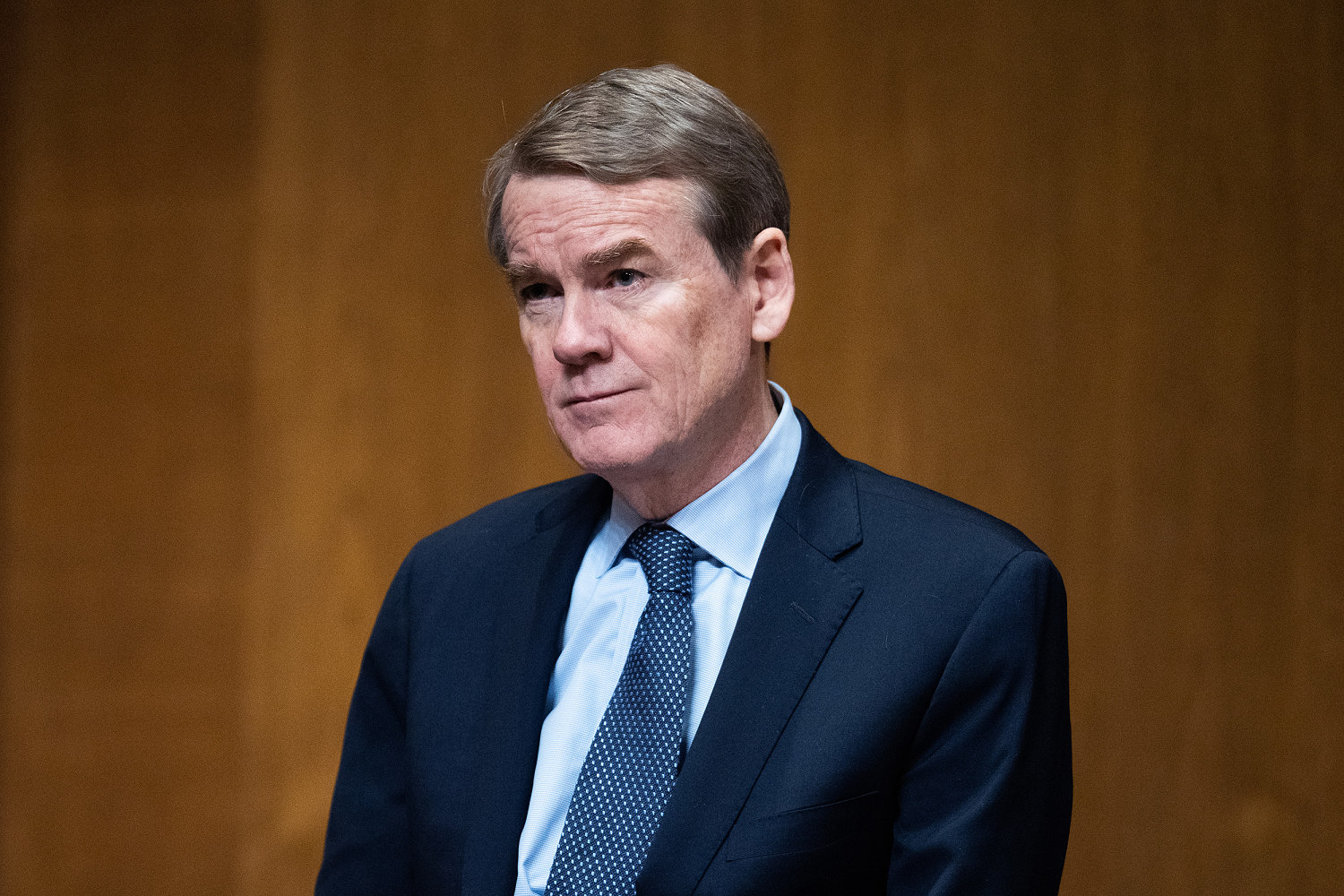Michael Bennet seemed destined for a lifetime appointment to the Senate.
He was tapped for a vacancy in 2009, the same moment Colorado was turning perpetually blue. The Democratic son of the former staff director of the Senate Budget Committee and grandson of another political hand, Bennet brought lineage, his own impressive resume and, most significant of all, a thoughtful, affable and moderate sensibility to a chamber that once rewarded all three qualities.
Yet after accumulating 16 years, and well-positioned for another decade-plus of service having just turned 60, Bennet is poised to walk away from seniority, the Senate and Washington, the city where he was raised.
He's frustrated with Congress, yes, but also Joe Biden’s selfishness, what Donald Trump has done to both parties and the corrosive impact of social media on politics, the media and even the once-presumed idea of shared facts.
Bennet is almost certain to run for governor in his adopted state next year, according to multiple Democrats in Washington and Denver.
In an hour-long interview this week, Bennet made little attempt to hide his intentions, telling me he’ll reveal his plans in early April.
“The central fight is whether or not we can create an economy where people feel like when they work hard they get ahead,” he said. “And I think the answer to that over the next decade is as likely to come from the states as it is from Washington.”
Reminded about his father’s staff tenure — stints with a pair of Cold War senators in addition to his committee post — the senator noted that Douglas Bennet Jr. also eventually left the Senate to run USAID and eventually NPR and Wesleyan University.
“I wish he were still alive, because I wish I could ask him his advice,” Bennet said. “And I think what he would tell me is, notwithstanding the fact that he worked here and he loved this place, he also moved on to do other things. And he might say, take what you've learned and find a place to be as effective as you can be.”
That Michael Farrand Bennet is no longer sure the Senate is a place to be effective is as harsh an indictment I can recall of what was once unironically called the world’s greatest deliberative body.
He's not the only lawmaker headed for the exits. Already this year, before the first quarter even ended, Democratic Sens. Gary Peters, Tina Smith and Jeanne Shaheen announced they wouldn’t run again.
Some of this owes to simply hitting retirement age or dreading a prolonged life in the minority. But when taken together with all the lawmakers in both parties who’ve walked away since Donald Trump’s first election, it’s undeniable that what was once a political pinnacle has become a place for some that’s just not worth the hassle.
After all, the Senate was usually what governors graduated to, even if they preferred their old jobs, not an office one left for the statehouse. Look no further than the trajectory of Bennet’s colleague and former boss: Senator, and former governor, John Hickenlooper. War and peace, treaties and the Supreme Court, affairs of state, were determined in the nation’s capital. Prisons, roads and schools were left to the states.
What makes Bennet’s frustrations so meaningful, and illuminating, however, is that they go far beyond the usual bill of particulars. Sure, he’s exasperated with — and has even compiled research about! — the trend toward the consolidation of power and the diminution of the committee barons he met when he arrived in the Senate in the last years of the World War II generation.
“The duties of the senators have been sucked up basically into the leadership of the Senate,” he said, adding that “the decision-making among the four corners in the Congress has in some sense dispossessed the other actors.”
Bennet ...











